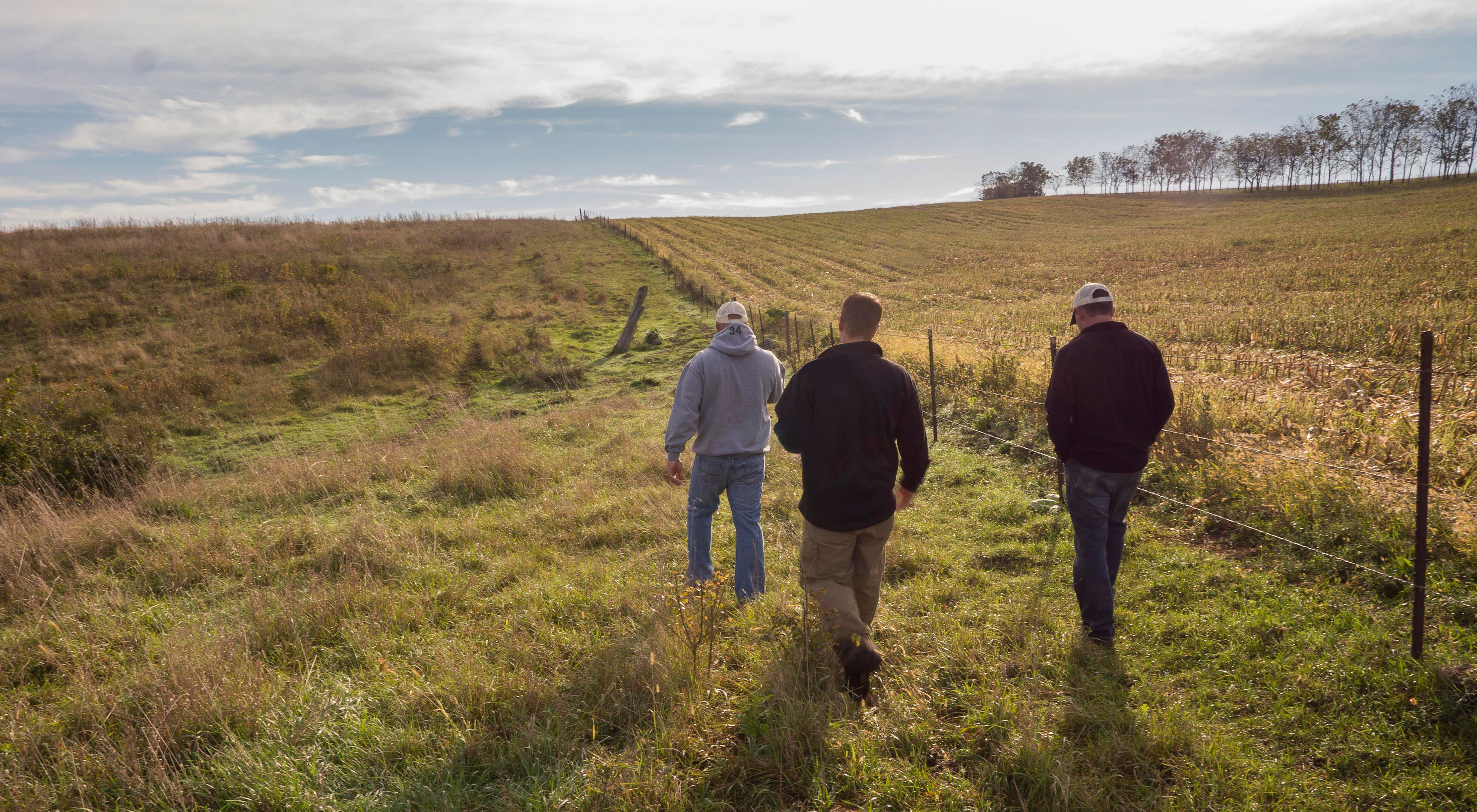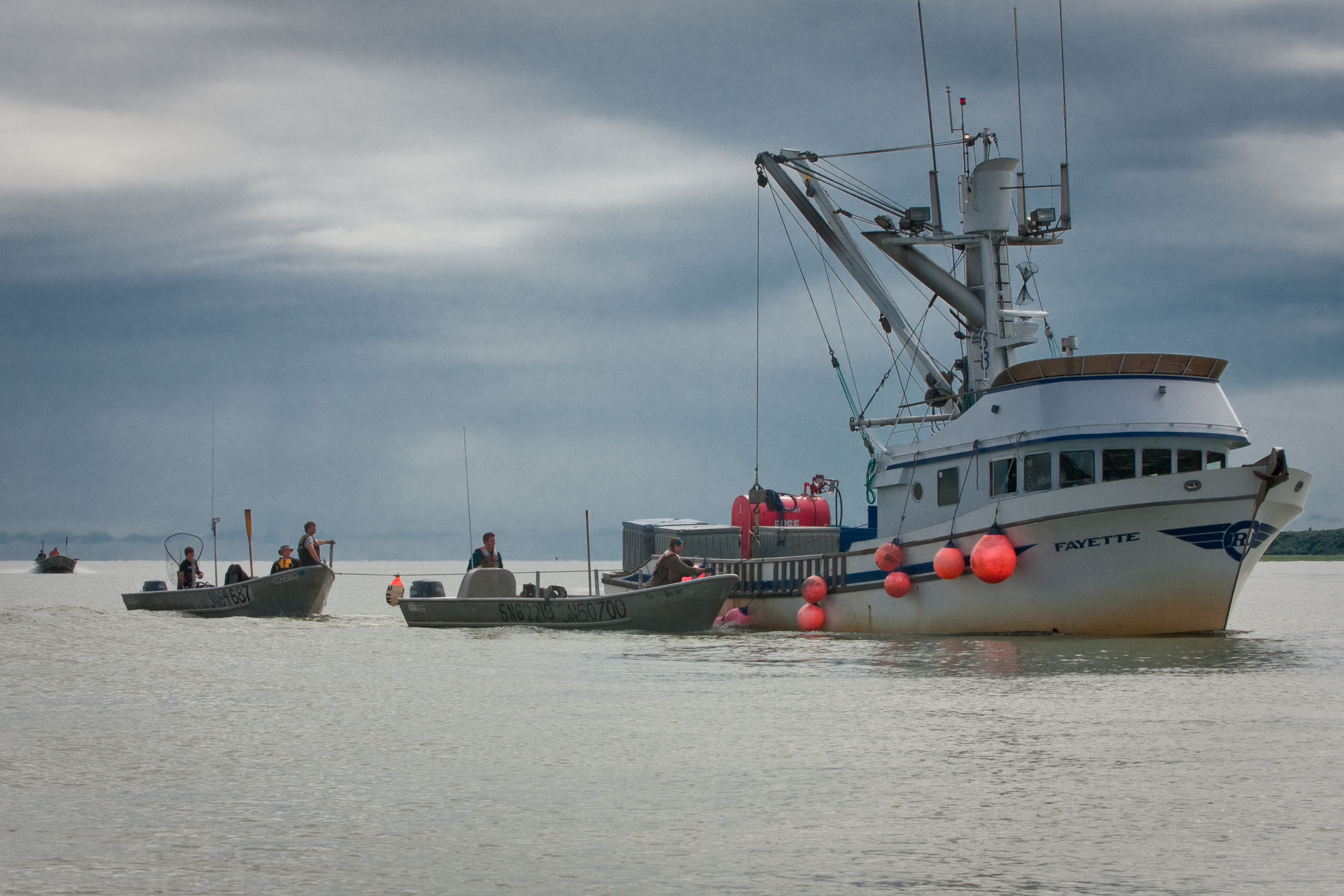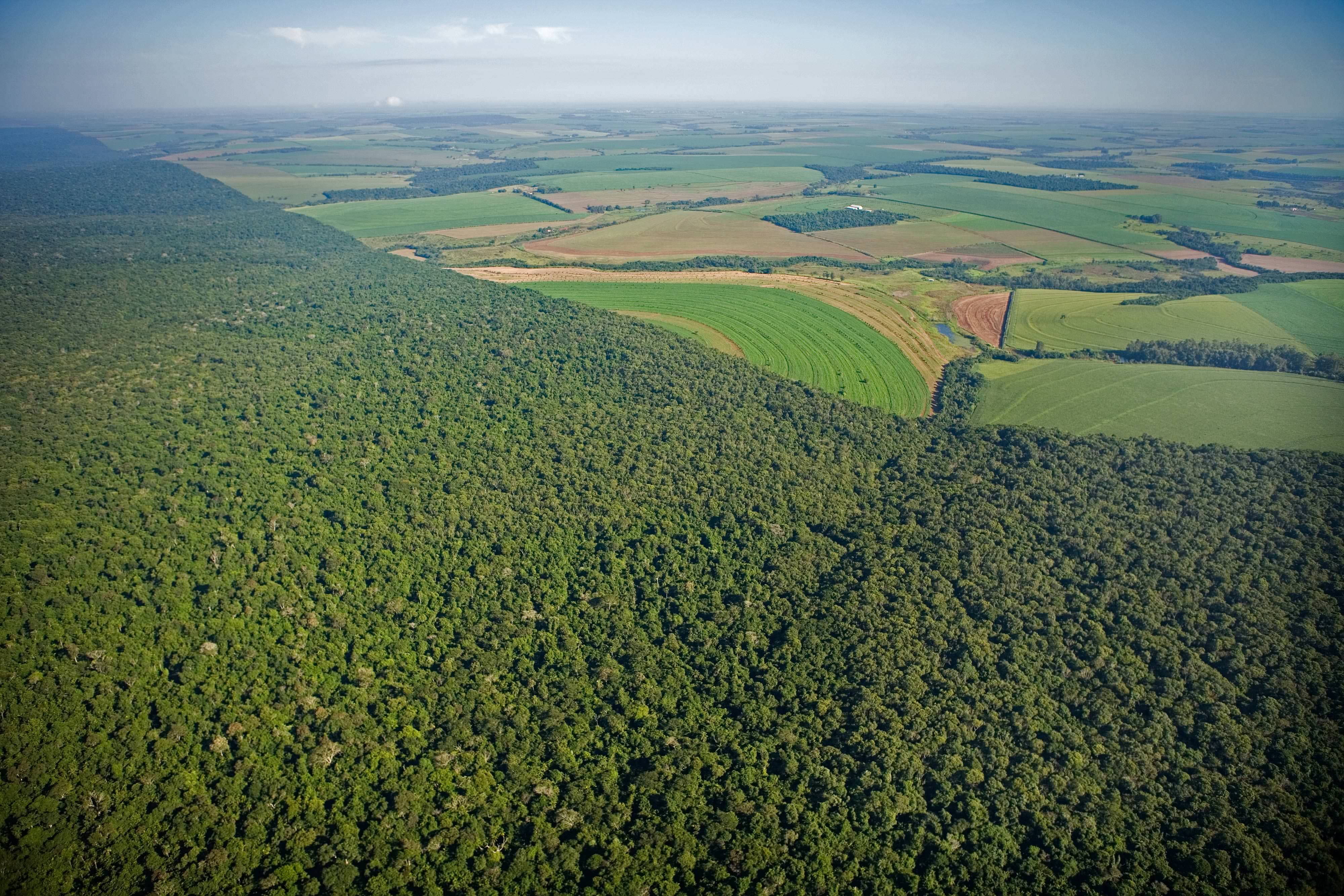By Senator William Frist, M.D. , TNC Global Board Chair and Founding Partner of Frist Cressey Ventures; and Darci Vetter, Former Global Head, Policy and Government Relations
December closed one of the most productive U.S. federal legislative sessions for nature ever. By the time the 117th U.S. Congress gaveled out, it had advanced the country’s largest investment in climate action; a massive bipartisan infrastructure package that heavily invests in nature, clean energy, and climate resilience; and a host of bills related to water infrastructure, natural climate solutions, coastal and ocean resilience.
Any one of these advances would have been impressive in itself, but to do them all in just two years shows how far we’ve come in making conservation and climate action central and urgent policy issues in the United States. Some of these victories passed on party-line votes, but the vast majority of measures passed last Congress had strong bipartisan support.
For The Nature Conservancy (TNC), it has never been about who controls Congress or the White House that defines our policy objectives, but where the science tells us we must act. As the 118th Congress settles in, there are several opportunities to build on the progress of the last Congress and continue bipartisan support for nature.

Farm Bill
Arguably the most significant opportunity is the next Farm Bill. The bill has the biggest impact on private land conservation in America, funding programs and practices that invest in U.S. croplands, rangelands, forests, and pasturelands. It is the best opportunity to boost practices that benefit both the health of these landscapes and the producers and communities that depend on them.
Congress typically renews the Farm Bill every five years, often with strong, bipartisan cooperation. The 2018 Farm Bill was the most conservation-focused yet, increasing funding for easements that help farmers conserve their lands, enacting new policies to improve the management of private forest lands, and many other steps. This year, lawmakers will begin their work on the next Farm Bill, which has the potential to drive even more resources toward private land conservation and a host of other priorities, including clean energy, equity, and inclusion.

Recovering America’s Wildlife
Another opportunity for bipartisan cooperation is a bill that is critical to reversing the country’s dwindling biodiversity. The bipartisan Recovering America’s Wildlife Act (RAWA) nearly made it over the finish line last year, and would be the most consequential bill for U.S. wildlife conservation since the Endangered Species Act. RAWA would invest $1.4 billion a year in state and tribal wildlife agencies’ time-tested efforts to help wildlife species at risk of extinction recover.
For much of the last Congress, the momentum was behind the act, and we still see significant opportunity for Congress to keep that momentum in the new Congress. With a third of U.S. wildlife species at risk of extinction – which in turn endangers our communities at large – Washington has no more time to waste.

Bristol Bay
It may also be necessary for lawmakers to conserve a place unlike anywhere on Earth. Alaska’s Bristol Bay is a pristine watershed that supports the world’s largest sockeye salmon fishery and is home to 31 federally recognized Tribes that have lived and sustained themselves there for generations. It is also threatened by what would be one of the largest open pit mines in the world.
For over two decades, TNC has worked in partnership with individuals and regional organizations in Bristol Bay to analyze the Pebble Mine’s potential impact and working toward greater protections for the lands and waters of the region. While the U.S. Environmental Protection Agency last week finalized its decision to prohibit and restrict the use of certain waters in Bristol Bay necessary for developing Pebble Mine, there may be a need for additional protections to ensure the broader watershed can continue to be protected in the years to come.
Ensuring the Success of Last Session’s Wins
As much as it is essential to advance new policies, it is just as important to preserve those wins for nature already in place. The 2021 bipartisan infrastructure law and last year’s climate bill are two of the most significant steps the United States has ever taken to preserve nature and humanity’s future. Now that they are both law, these investments must be preserved and effectively used to enhance resilience in the face of growing climate impacts and mitigate climate change. Doing so will ensure the best possible outcomes for people and nature.
Science such as our Resilient Lands Mapping Tool and Power of Place-West can help guide that work, and forthcoming policy research from TNC and partners on issues ranging from addressing U.S. wildfire risks to curbing U.S. biodiversity loss can serve as a springboard for further bipartisan cooperation.
The enormous legislative accomplishments of the last two years were not anomalies but just the latest additions to the incredible progress Congress has made in recent years on climate, resilience, clean energy, and conservation.
Many of those past victories were made during times of divided government. We know this Congress can do the same.
Former U. S. Senate Majority Leader Bill Frist is a heart and lung transplant surgeon and global board chair of The Nature Conservancy, one of the most wide-reaching conservation organizations in the world with over 400 scientists across 76 countries.
Darci Vetter is the Former Global Head for Policy and Government Relations for The Nature Conservancy. She led TNC’s work to expand what is possible in conservation through transformational policies that achieve equitable climate and conservation outcomes for people and nature. She is an expert in international trade, agriculture and environmental policy.



